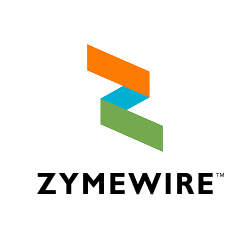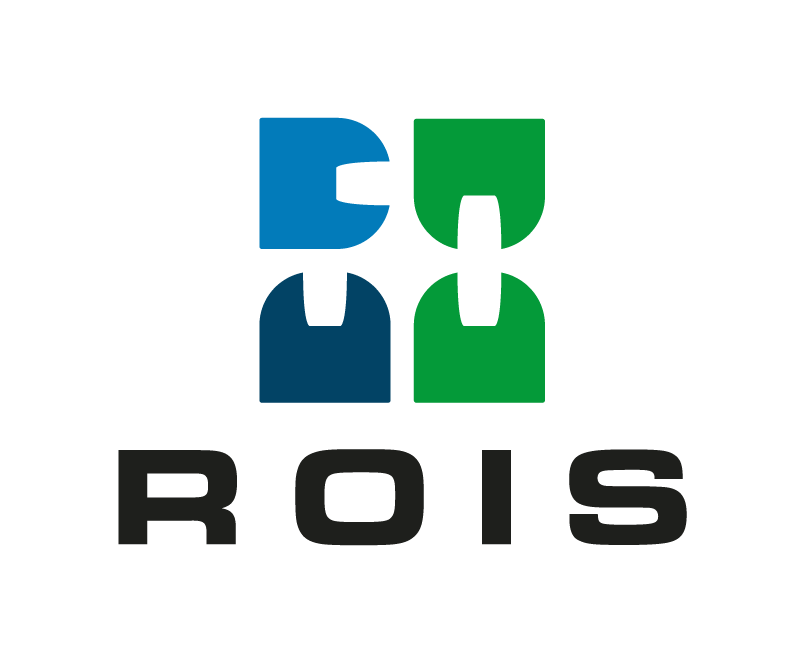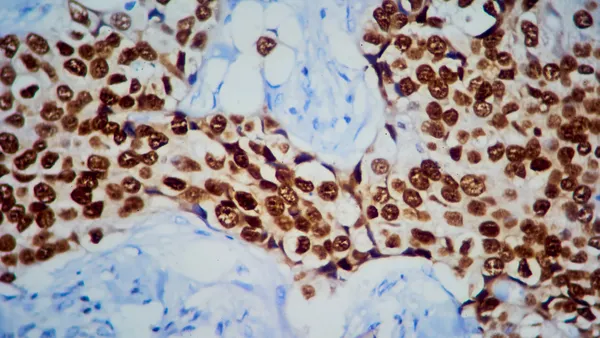Dive Brief:
- The Food and Drug Administration on Tuesday approved a new drug for idiopathic pulmonary fibrosis for the first time in more than a decade.
- Called Jascayd and developed by Boehringer Ingelheim, the drug is a twice-daily pill cleared for use in adults with IPF, a rare and chronic condition that causes progressive lung scarring. The disease is estimated to affect about 100,000 people in the U.S. and is typically diagnosed in those over 60 years of age.
- IPF has long been a tough target for drugmakers, with several once-promising medicines falling short in clinical testing. But Jascayd’s approval, combined with other recent advances, “counter[s] the notion that IPF is a graveyard of drug development,” wrote Leerink Partners analyst Faisal Khurshid, in a Tuesday client note.
Dive Insight:
Jascayd’s approval adds to Boehringer’s already prominent position in treating IPF.
In 2014, the company won an FDA clearance for Ofev, which has become a pillar of care for IPF and one of Boehringer’s top-selling medicines. The drug, which is also approved for other lung-scarring diseases, generated $4 billion for the German pharmaceutical company last year.
But Ofev isn’t a cure, and there are few additional therapeutic options, giving newer medications the chance to make a mark. Jascayd is one of them.
Unlike Ofev, Jascayd blocks a type of enzyme, PDE4B, that’s involved in the lung scarring and inflammation associated with IPF. Data published in the New England Journal of Medicine in May showed that treatment slowed the decline of lung function compared to a placebo over the course of a year, with a tolerability profile that may be superior to Boehringer’s older drug.
In a Tuesday note, Leerink’s Khurshid referred to Jascayd a “step forward” in IPF treatment, but also a “modest advance due to its “relatively modest effect-size” on lung function as well as potential issues using it on top of existing medications. Khurshid expects “solid uptake,” though, given the weaknesses of available drugs and “patient/physician desire to try new therapies.”
Still, several other experimental medicines, including treatments from Contineum Therapeutics, United Therapeutics and PureTech Health, are advancing through clinical testing. Jascayd’s own drawbacks leave “room for future entrants with improved tolerability and efficacy,” Khurshid wrote.
Boehringer hasn’t yet disclosed Jascayd’s price.














